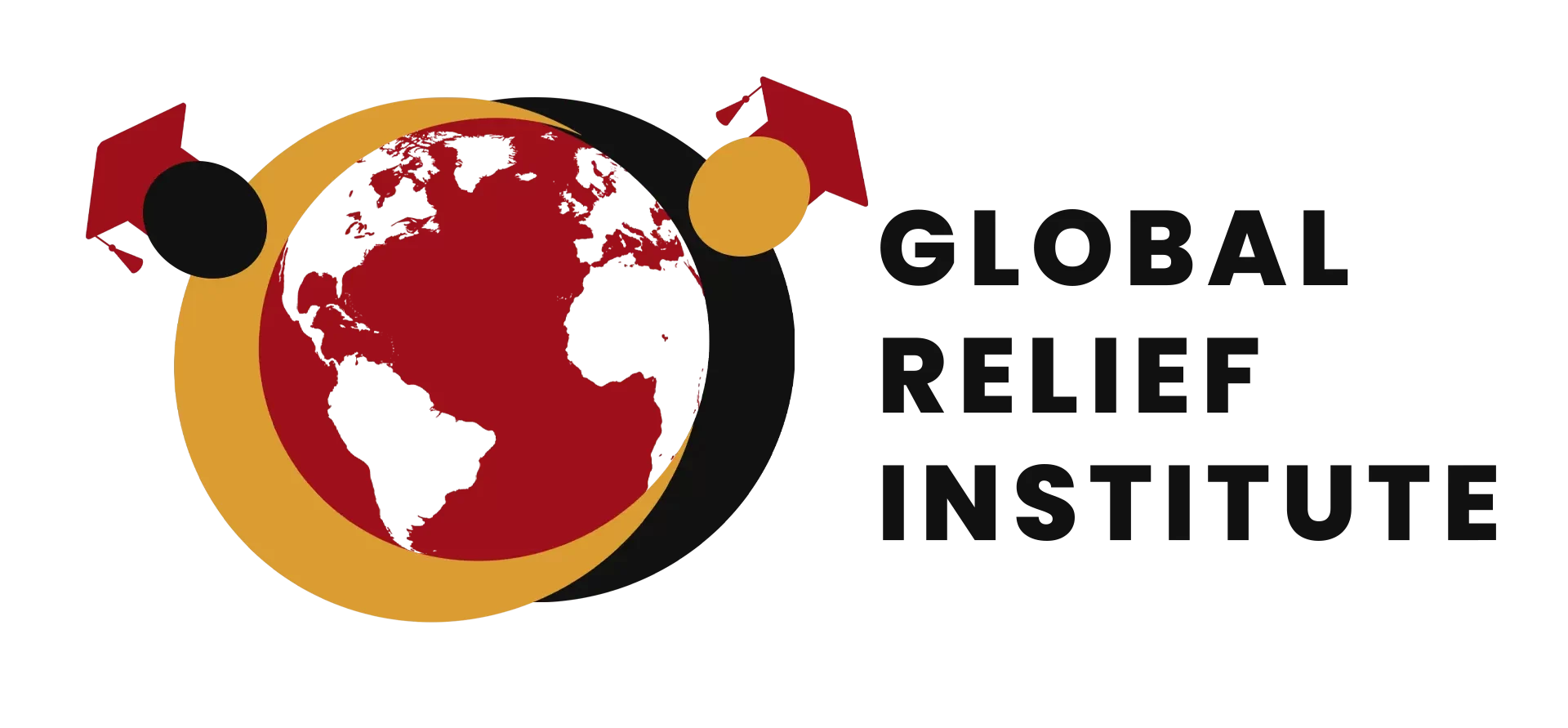The programme focuses on the social, political and economic dimensions of international development. It explores a range of topics which are indicators of development which range from poverty, gender inequality, conflict and economic growth. As a humanitarian organization we aim at demonstrating to our learners how conflict jeopardizes development and in particular international development. Alongside conflict, learners will have an opportunity to study natural resource modules and how the same aids in international development
The central objective of the course is to equip learners with conceptual and empirical knowledge as well as research skills necessary to understand and analyze contemporary issues pertaining to international development in broad geographical contexts- local, regional and international levels.
This is an interdisciplinary training course that is designed to build a core understanding of the most basic models used in development as well developmental discourse and expose learners to development themes. The themes will revolve around history, economics, politics as well as discussing the problems and prospects of development.
Specific Course Objectives
This course accords students an opportunity to examine development processes, interventions, theories, policies and government structures in the global arena. It is expected that the student, after having completed the course, will be able to better understand a number of salient issues in the developing world. The student is expected to be able to apply concepts learned in class to the analysis of important issues in development studies.
The course will provide students with training and background needed to understand the dimensions, challenges and processes of global poverty and prosperity. It is also aimed at exposing students to a broad, multidisciplinary range of courses as well as to core methodologies and requisite analytical tools needed to identify, measure, and assess the determinants and effects of international development.
The course is structured around some key questions including:
- What does “development” mean and does it mean different things to different peoples and cultures?
- How has the historical experience of development influenced theories of development?
- What is the role of the state in development? Has this changed over time and why?
- What role do international development organizations play in development?
- Why are non-governmental organizations (NGOs) increasingly important development actors? What are the limits on the NGO role in development?
- How and why does being a woman change your life-chances and roles in the
developing world? - How and why does being an indigenous person change your life-chances and roles
in the developing world? - Is foreign aid effective?
- What is sustainable development and how can it be achieved?
Furthermore, it is hoped that the student will reflect on ethical issues behind his or her personal commitment to development studies, and indeed, the endeavor of “development” itself. Why do we commit ourselves to practicing economic development? What right do we have to impose development on the Third World? Do these “others” even want to be “developed”? Is it even possible to practice development in a way that is respectful of local knowledge, cultures and diverse individual aspirations?
Course Outline:
- Introduction to International Development Studies
- What is Development?
- Theories of Development?
- Gender & Development
- The State and Development
- Foreign Aid and Millennium Development Goals/ Sustainable Development Goals
- Free trade & Fair Trade
- Environment and Development
- Sustainable Development
Who should enroll?
This diploma is suitable for persons working in or planning to enter the humanitarian sector, including staff of humanitarian aid organizations, governments, and UN agencies. There are no prerequisites for this course. All participants are expected to have theoretical knowledge of humanitarianism, although humanitarian aid experience is not presumed
Training Format:
• All materials are made available through our Online Learning Platform
• Students should commit approximately 5-6 hours of their time per week
Materials Provided:
Online delivery of curriculum materials, exercises and templates.
Assignments:
In order to demonstrate their understanding of the course content, students will be required to submit assignments at the end of every month.
Duration of course – 6 months
REGIONS TARGETED: Global
COURSE FEE: EUROS 1000
ORGANIZERSGlobal Relief Institute
LANGUAGE: English only
Kindly confirm your participation with:
Online Training Coordinator
Global Relief Institute
